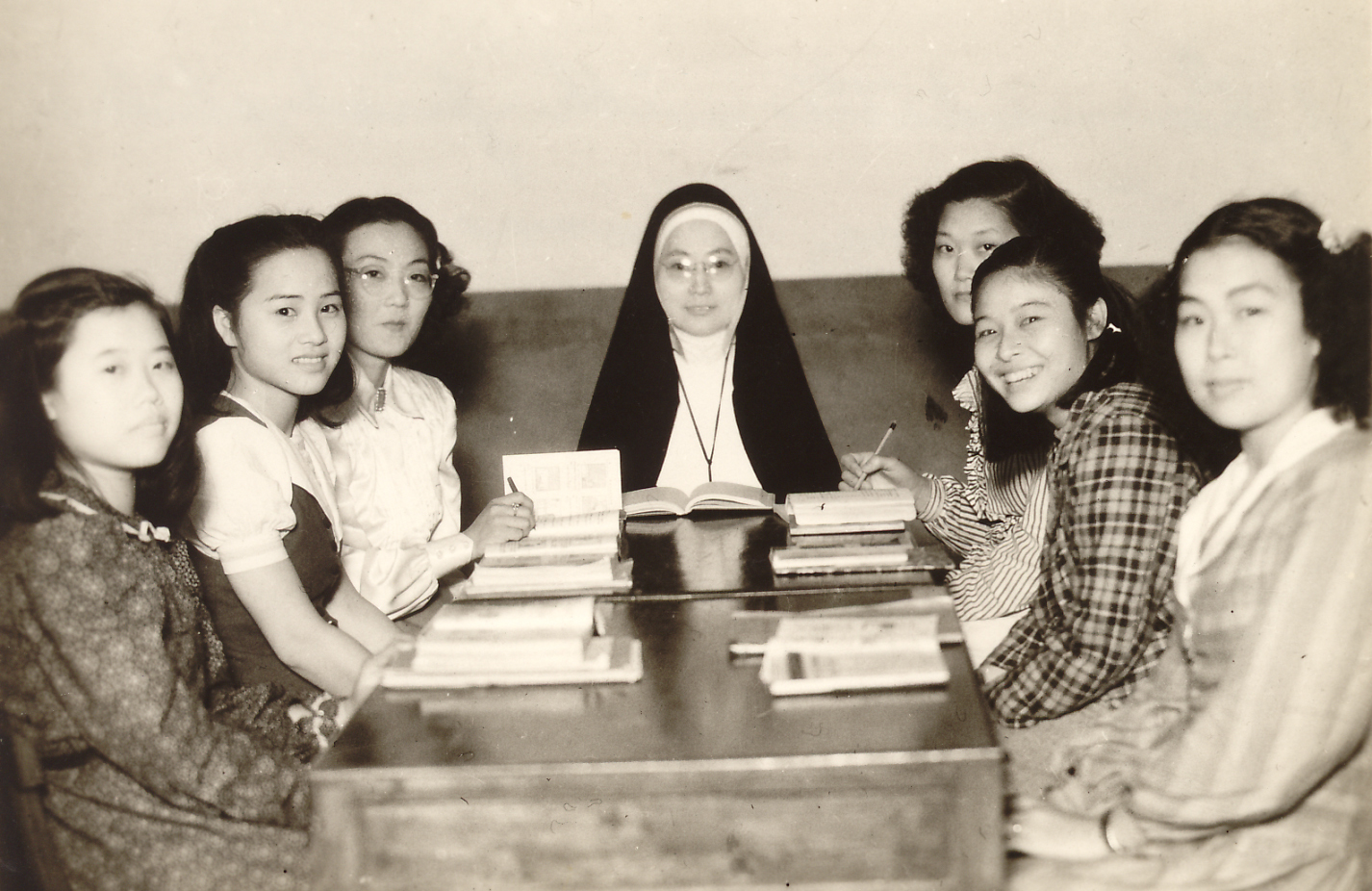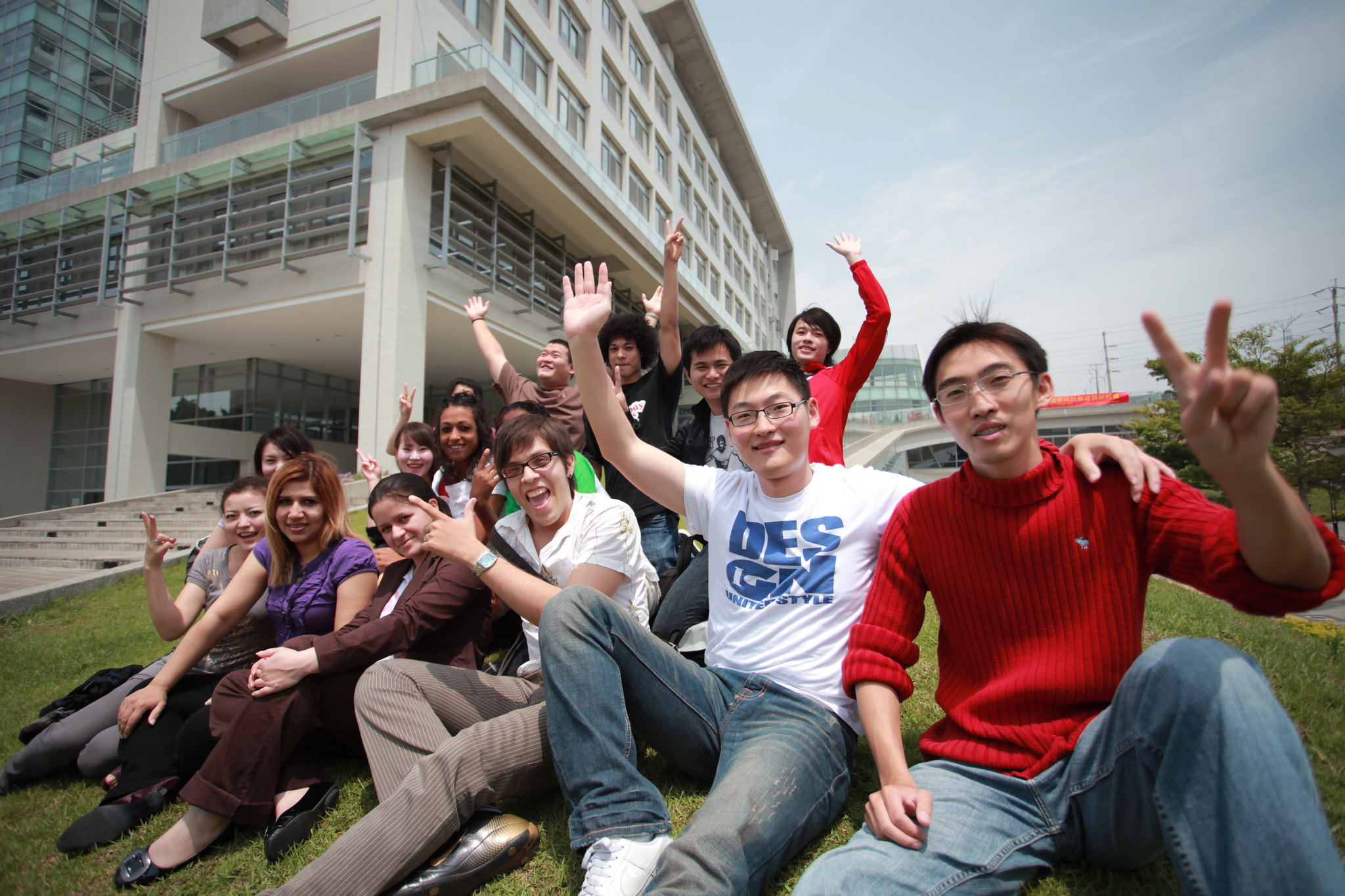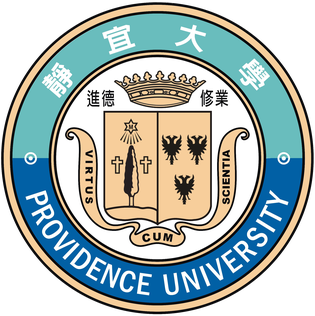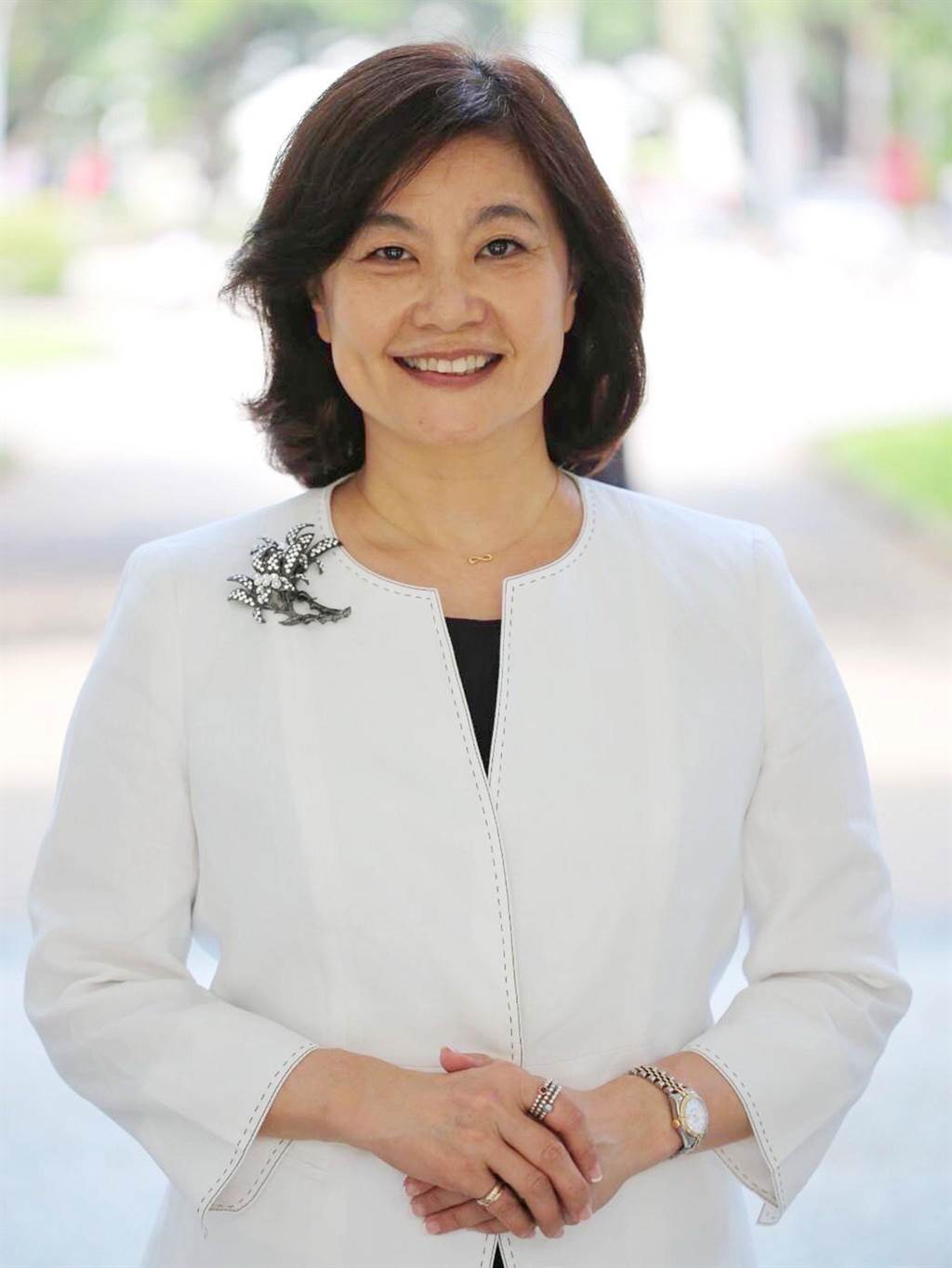The primary mission to teach a child is love them first
- Saint Mother Theodore Guerin

History and mission
Providence University
The history of Providence University can be traced back to 1921 when its founders and forerunners first paved the road. Their successors followed in their steps, all contributing greatly to what Providence has become today.
In 1920, Mother Marie Gratia Luking (1885-1964) and five Sisters of Providence came to China. In 1921, they founded Hua-Mei Girls' Elementary and High Schools in Kaifeng City, Honan Province; it was one of the first schools for girls in China. In the spring of 1929, the school was forced to close because of the political turbulence. However, the Providence Sisters, enthusiastic with regard to female education, endeavored to establish another school in spite of the critical situation. In 1932, by the effort of the Board of Trustees, "Ching-Yi Girls' High School" was instituted in Kaifeng. His Eminence Cardinal Yu Pin was the first Chairperson of the Board of Trustees, and Ms. Chi-Liang Ing was the first President of the school. In 1942, Mother Gratia and the other sisters were imprisoned; they did not regain their freedom until 1945. In 1948, the war between the Kuomintang Party and the Communist Party forced the sisters to retreat to Shanghai and afterwards to Taiwan.
In May, 1949, Mother Gratia and the Providence Sisters established Providence School in Taichung. In 1954, the school was moved to a new building on Fuhsing Road, and the enrollment was increased. In 1956, the institution was accredited by the Ministry of Education as a formal school and was renamed "Providence Junior College for Women". Right Reverend Monsignor Niu Rwo Wang was the first Chairperson of the Board of Trustees and Professor Ho Jing-An, a prominent woman educator, the first President of the school. Reverend Kung Shih Rong, Ph.D. served as the second President in 1957, and Reverend Mark Tsai, Ph.D. succeeded him as the third President in 1959.
Providence Junior College for Women continued to develop; therefore, in 1963 it was reconstituted and renamed "Providence College of Arts and Sciences for Women" with four departments: Chinese Literature, Western Languages and Literature, Business, and Mathematics. The Evening School was also established, consisting of two departments: Western Languages and Literature, and Business. In 1966, the Chemistry Department was established in the Day School. In 1971, Right Reverend Monsignor Kuo Fan, Ph.D. became President of the college. In 1972, the Department of Chinese Literature was added to the Evening School. The Department of Food and Nutrition was established in 1974. In 1981, the Information Science, and Spanish Language and Literature departments, and the Graduate School of Applied Chemistry began to enroll students. In 1984, the Graduate School of Western Language and Literature, and the Department of Youth and Child Welfare were established.
Since the college continued to expand rapidly, the Board of Trustees purchased about thirty hectares of land in the educationally reserved area of Shalu; the college then moved to the present campus in the fall of 1987. In the same year, the Tourism Department was established, and the Doctoral Program of Chemistry was launched. The undergraduate programs of International Trade, Accounting, and Business Management, originally under the Business Department, were reorganized, officially becoming respectively independent departments. In 1988, the Graduate School of Management Science, and the Graduate School of Food and Nutrition were established. With this number of Departments and Graduate Schools, Providence College was qualified to be a university. On July 1, 1989, with official approval of the Executive Yuan, Providence College formally became "Providence University for Women".
In 1990, Reverend Matthias Hsu, Ph.D. became the university President. The Spanish and the English sections of the Department of Western Languages and Literature began to operate separately as two independent departments. In 1991, the Business Department of the Evening School was reorganized into three individual departments: Business Administration, International Trade, and Accounting. In 1992, two more departments were established in the Evening School: Information Science, and Youth and Child Welfare.

In 1993, our university broke away from its tradition and began to enroll male students. "Providence University for Women" was renamed "Providence University". Since then, the number of male students has increased rapidly. In 1994, Professor Richard Chia-Tung Lee succeeded as President of the school. President Lee was innovative in school administration. Under his management, the campus became more active and open. President Lee endeavored to enrich the research and teaching quality by hiring highly professional and vigorous faculty members. To accommodate the increase of students at Providence, construction began on a new teaching building in January 1995 and completed in October 1997. Besides, two other new buildings, the first and second faculty research buildings, had been constructed as annexes to the College of Sciences and the College of Management. In 1996, the Graduate School of Chinese Literature and the Graduate School of Youth and Child Welfare were established. Later that same year the Chinese Language Education Center was established, aiming to provide interested students with best possible opportunity to learn Mandarin Chinese. The evening school departments became the Second Section in 1997.
In July 1999, Dr. Michael J. K. Chen was elected the seventh President of Providence University. He emphasized international integration and advancement as well as planning and development of the university. In the same year, the Finance, and Japanese Language and Literature departments, and the Graduate School of Spanish Language and Literature as well as the Doctoral Program in Food and Nutrition Sciences began to enroll students. In 2000, the Graduate School of Ecology was established.
In August 2002, Dr. Matthew Min-Teh Yu was elected as the eighth President. In the future, Providence University plans to not only maintain sustainable self-development, but also advance the university’s prestige in academics and research, keeping in mind its ideal of being a small but prominent university. Starting from the 2003 academic year, the university will successively establish the Department of Taiwanese Literature, the Department of Law, the Department of Ecology, the Graduate Institute of Philosophy, and the Graduate Institute of Curriculum and Instruction.




